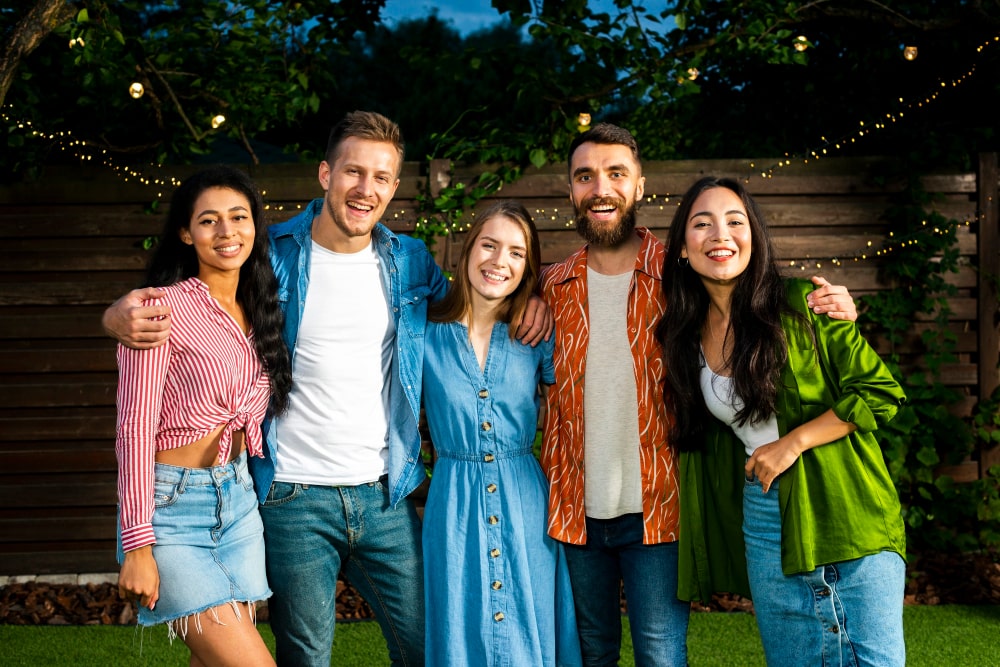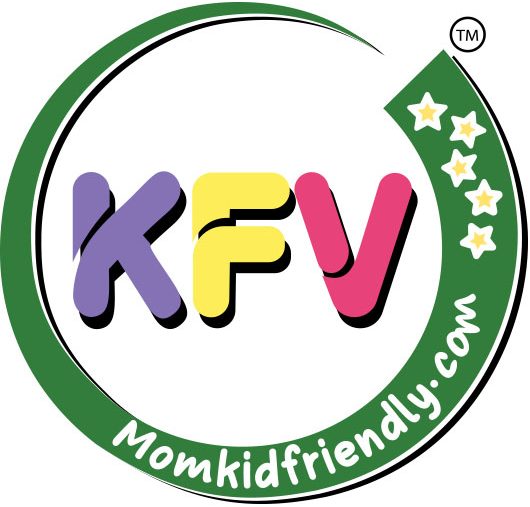
When I was in college, I did one of the best things I could have done for myself: I became better friends with myself. At that time, I was scheduled to do some animal work for my career, and it happened to be a long drive from my home state of California.
Because these jobs were a distance away, I spent quite a bit of time driving from my home to partake in these extracurricular activities. At that time, it was just me, the car, and the radio. Some may think this sounds “lonely.” For me, it was the opposite: I grew to love it.
The Importance of Self-Connection
In this day and age, one of the best things we can do for ourselves is to become friends with ourselves. There’s so much stress and tension in the world, and this affects our own personal health. It can also cloud how we view ourselves.
Throughout life, and especially in our younger years, we often question who we are. Our life experiences and interactions with other people help us hone in on our own beliefs and fine-tune our own relationship with ourselves.
It is not necessary to take a long road trip alone to become better friends with ourselves. By finding moments alone, we can really help our own health and reinforce confidence to accept ourselves entirely for who we are.
The Energy of Social Interactions
When we spend time with other people, we must exert energy. Granted, it can often be good energy. But it’s still energy exerted.
When choosing what to do alone, start by considering what makes you happy. When you’re out and about with others, you must decide and agree on what makes the group happy. But, when you’re alone, you really get to ask yourself, “What do YOU really want to do?”
There is no need to negotiate with another person or try to find activities that make them happy. All you need to do is make YOU happy. This gets right down to everything: Sleeping, eating, and entertainment.
I’m not educating for a life like this. By setting some time aside now and again, you can really provide yourself with health benefits.
The Digital Age and the Loss of Boredom
Now that we are in the digital age, most humans have no idea how to be bored. And they certainly do not know the health benefits of boredom.
At all times of the day, if we are idle, we reach for our cell phone and plug into it mentally. Do we really know what to do if there are no electronics and no other people around? Just think about that for a minute.
What would we do if we’re driving a car on a long open road, all by ourselves, and there’s no one to talk to? I suggest soaking in the surroundings, turning up the radio (not the playlist on your phone), and learn how to relax with the views and the peace.
A Solo Adventure in Paris
Years ago, I spent a couple of days in Paris by myself. It wasn’t prearranged that way, but it just so happened that my traveling companion had to depart early. This left me with the option of also leaving early or spending a couple of extra days by myself in a foreign country.
I’ll be real: it was scary. And this was for several reasons: not only was I by myself, but I was also in a country speaking a language that I did not understand. I had to learn how to get around, and that included going outside of my comfort zone and learning a few words in French.
Did I do it? Absolutely! Was it fun? Absolutely! Did I learn some new things about myself? Absolutely!
Lessons from Solo Travel
I learned that you don’t need to be fluent in a foreign language to get around. All that’s needed is to learn a few words and to be polite.
I also learned how kind people are. In the two days that I was in Paris, I got turned around on the streets and was confused about where to go. I had three separate Parisians approach me to help me out, and I was not the one to initiate those interactions.
The locals could tell I was confused and wanted to help. And, they went out of their way to assist me, even with the language barrier.
Expectations and Self-Reliance
Expectations are key: You should never expect other people to save you. Learn how to save yourself.
Chances are, if you need help, people will be there to reach out a helping hand. But you really need to make some effort yourself, and as long as you do that, you will be okay.
What You Can Learn from Time Alone
Discovering What You Really Like
What you really like. Ask yourself: What do you really want to do? You don’t need to figure out an agenda that’s going to appease a group. And, you no longer need to choose foods that other people want.
When you are all by yourself, how hungry are you really? And what sounds good to you at that time? If you’re in another city, do you really want to visit a museum? Or, would you rather find a park and sit down with a book?
Maybe you are in the mood to walk, and a fast-paced clip is in alignment with your desires. There are no right or wrong answers. It’s just a matter of figuring out what you would really like to do.
You may realize that when you are with other people, one activity gets preferential focus, but maybe you and your body truly prefer something else. Bingo! Now you’re learning more about yourself.
Enhancing Human Interactions
When we have a companion on a trip or at an event, there is no incentive to reach out to strangers or make ourselves available to conversation because we already have that.
When traveling alone and when we tuck our cell phone away, people are much more likely to engage others in conversation. This may be making a funny joke when buying a coffee or catching the eye of a stranger to compliment them on their dog.
The small interactions can open us up to not only meeting new people but also acting to strengthen ourselves as social human beings. Socialization is something that we struggle with as we age, so it’s good to practice!
The Emptiness of Cell Phones
Cell phones don’t “fill us up.” How good do you really feel after having your nose to your phone? It’s an easy way to stay entertained, but you most likely have a feeling of emptiness.
I guarantee you won’t feel the same way if you interact with nature in a quiet, peaceful manner or casually communicate with strangers while spending time alone.
Embracing the Fear of Being Alone
Being alone is scary. Being bored is uncomfortable.
However, if you allow yourself the opportunity to become better friends with yourself in these situations, your heart will be fuller, more content, and you’ll feel so much better about yourself and with yourself.
Frequently Asked Questions
Why is alone time crucial for personal growth?
Spending time alone lets you focus on your own thoughts and feelings. It helps you better understand yourself, set goals, and build confidence. Alone time also gives you a break from outside pressures, making it easier to recharge.
Can being alone actually improve mental health?
Yes, taking time alone can lower stress and give clarity of mind. It’s a chance to relax, reflect, and reconnect with your interests. These breaks often improve mood and help you handle life’s challenges more calmly.
How much alone time is healthy?
Everyone is different, but regular moments of solitude, whether daily walks or quiet evenings, can be beneficial. The key is to listen to yourself and strike the right balance between being with others and recharging on your own.
What activities are good for enjoying time alone?
Reading, journaling, hiking, meditating, or visiting new places on your own are great ways to enjoy solitude. Choose activities that make you feel relaxed and happy. Exploring hobbies solo can lead to personal growth and satisfaction.
Is it normal to feel uncomfortable being alone?
Absolutely. Many people find solitude uncomfortable at first, especially if they’re used to constant interaction. Over time, these feelings usually fade as you get more comfortable with your own company and start appreciating the benefits.
Read More: Go-Kart Racing: A Fun-Filled Birthday at K1 Racing
